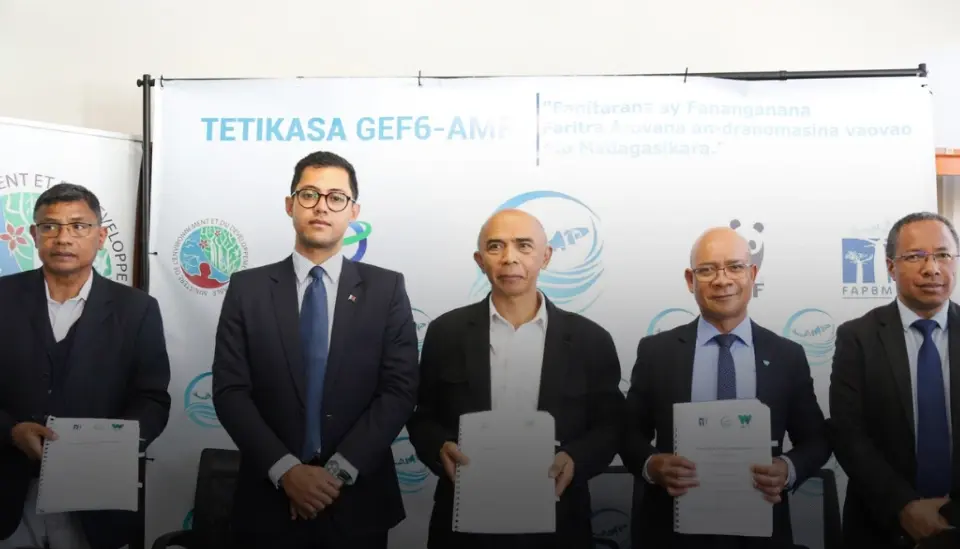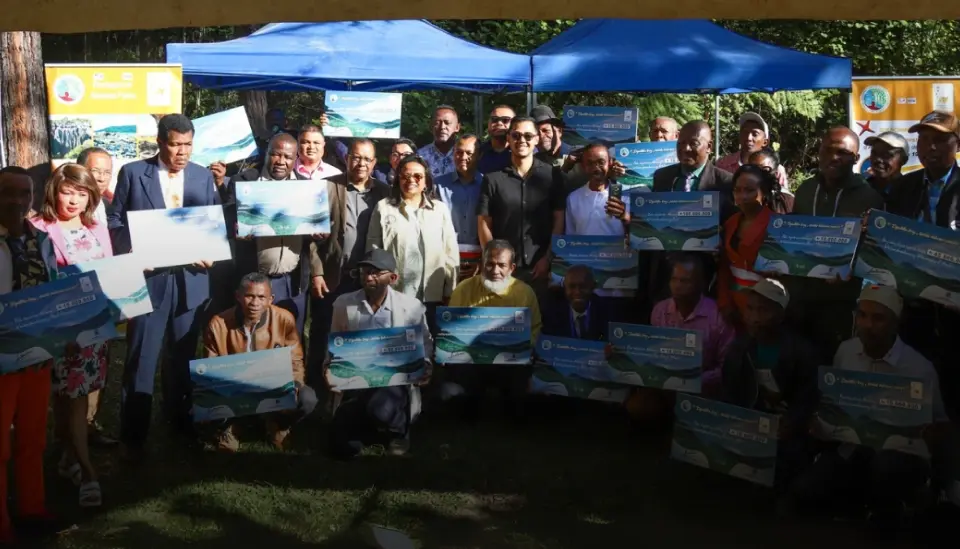Strengthening the agricultural sector
European funds are managed by the External Cooperation Support Office (BACE) of the Ministry of Economy and Finance. Among the efforts supported by this organization, the Afafi Nord program stands out, especially in the regions of Sava, Diana, and Analanjirofo.
The program’s main objectives are to strengthen the agricultural sector and increase the resilience of local populations to food insecurity. The European Union continues to boost Madagascar’s social and economic development through various programs, particularly in agriculture. The Afafi Nord initiative covers a wide range of activities, from installing irrigation systems to restoring agricultural infrastructure.
In the Sava region, efforts are being made to manage water resources, while the infrastructures in Sambava, Fenoarivo Atsinana, and Ambilobe are undergoing restoration. The program also aims to make the management of hydro-agricultural networks autonomous, a crucial step for ensuring the long-term sustainability of agricultural activities.
Afafi Nord places particular emphasis on training farmers and supporting agricultural industries, including bananas, fish farming, and rice cultivation, alongside infrastructure projects. Initiatives such as Savokha, Miahamafy, and Aina Rano exemplify these efforts by providing farmers with equipment, hands-on training, and logistical support.
The impact of the Afafi Nord initiative is already visible. Ambilobe coordinator Tafanimboladosy Vao Noella highlights that since 2019, several agricultural boundaries have been restored, including Basse Mahavavy, with significant irrigation work on the Canal Stella. Additionally, several regions have received training in rice cultivation, banana farming (katakata variety), and fish farming. In the area of water and sanitation, collaboration with the Aina Rano project has led to the construction of 18 water stations, benefiting around 3,127 households in the Diana region. Through the establishment of Community Nutrition Centers (CNC), the program has also improved nutrition, benefiting approximately 6,000 children in the Ambilobe district.






